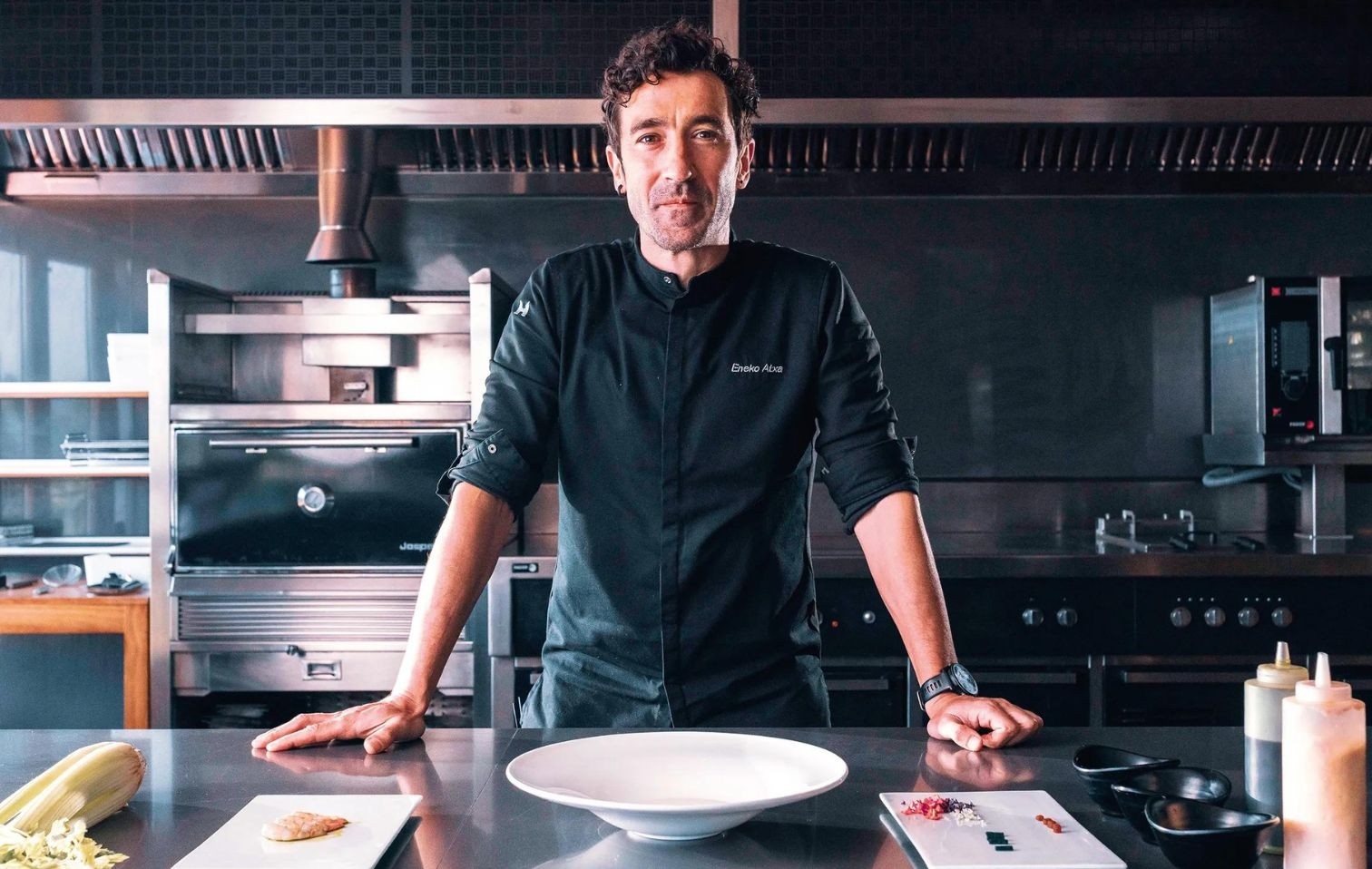The great Basque chef has just released a book addressing the theme of sustainability, already a cornerstone of his cuisine: "Above all, education, awareness, knowledge, common sense, and respect seem fundamental to me."
The opinion
If there's one chef who has made sustainability his mantra, it's certainly Eneko Atxa, who recently published "The Green Recipe: A Quick Guide to Sustainable Cooking" with researcher Eneko Axpe. It's not the pursuit of recognition, already achieved, that drives him, but rather the commitment to future generations. His Azurmendi, three stars plus green, has already been awarded twice as the most sustainable restaurant in the world. But that's not enough for him: "The planet itself, the situation in which we live, obliges us to follow this path. Gastronomy is a mass education weapon."
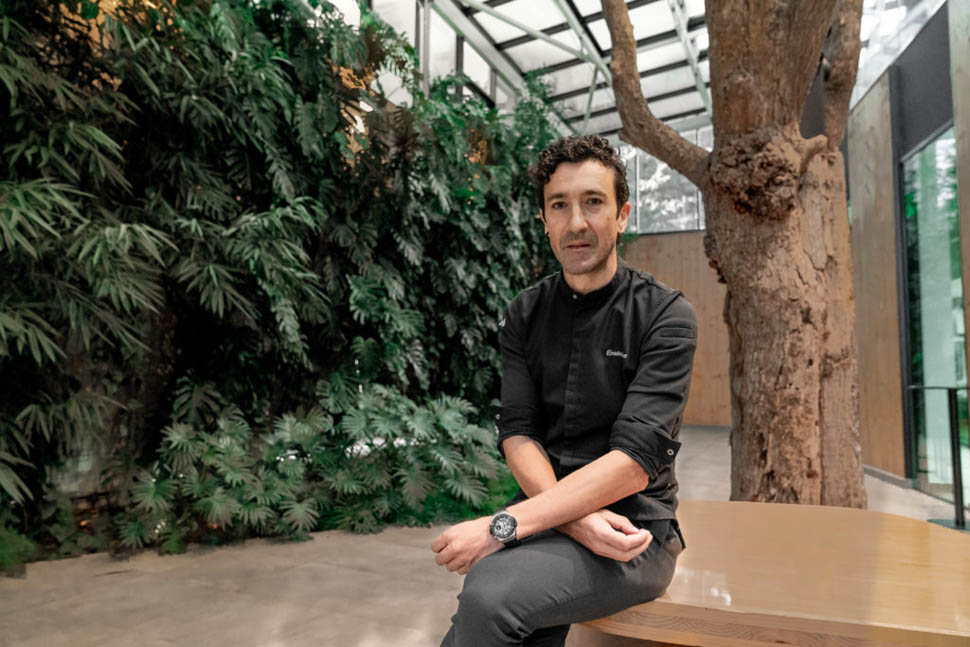
The word is overused and somewhat flat, perpetually at risk of greenwashing. It means using common sense so that resources, both natural and humanistic, do not run out beyond the short horizon of individual actions. "I speak of coexistence as a tool for sustainability, I speak of common sense, I speak of avoiding radicalizations because nothing is black or white, I say that we need to seek balances to build something lasting," he reiterates to the microphones of webconsultas.com.
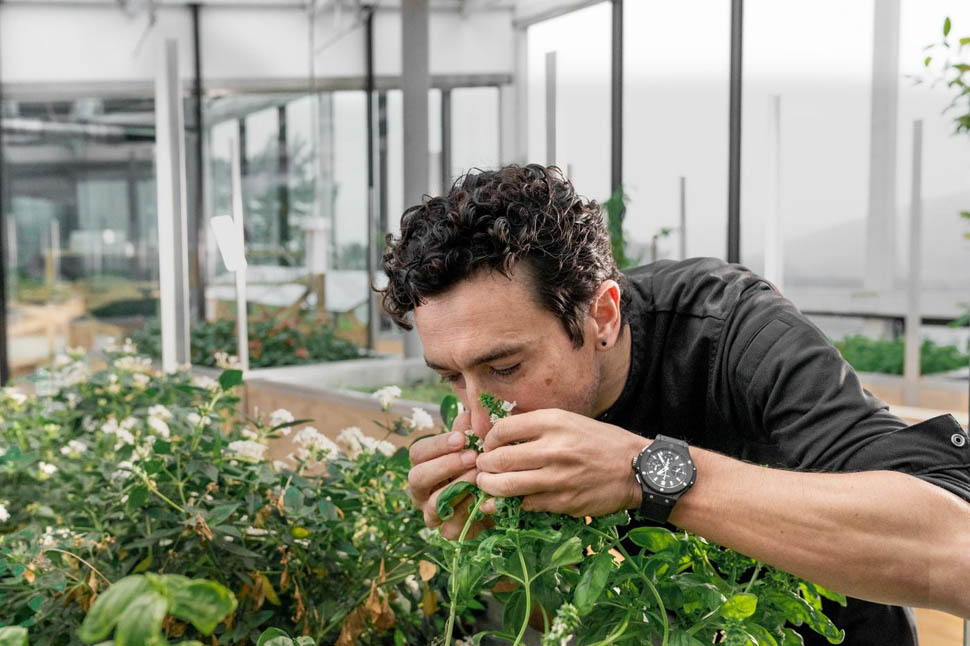
Atxa approaches the topic with humility: because he considers himself a cook, not a guide or a leader, and because his own restaurant is far from complete sustainability. "It's true that we're adding many small actions day by day, but the puzzle is still largely incomplete. One of our dreams is to undertake a project to educate a generation of young people, who can represent the vanguard of sustainability, using food as a tool. I don't want to speak in the first person, because it should be a collective dream, in which anyone who is ready can participate. I'm just a cook."

"In the end, if you teach children what, when, and how to buy, it's already a step forward. If then we teach the cooks of the future new ways to cook the ingredients they already know, prolong the life of food, reuse organic waste, we'll close a circle around food in a very basic way, empowering a generation of young people. Always keeping in mind that many lack food to fill their stomachs. Ending this situation would be the first step towards a better, fairer, and more sustainable planet."
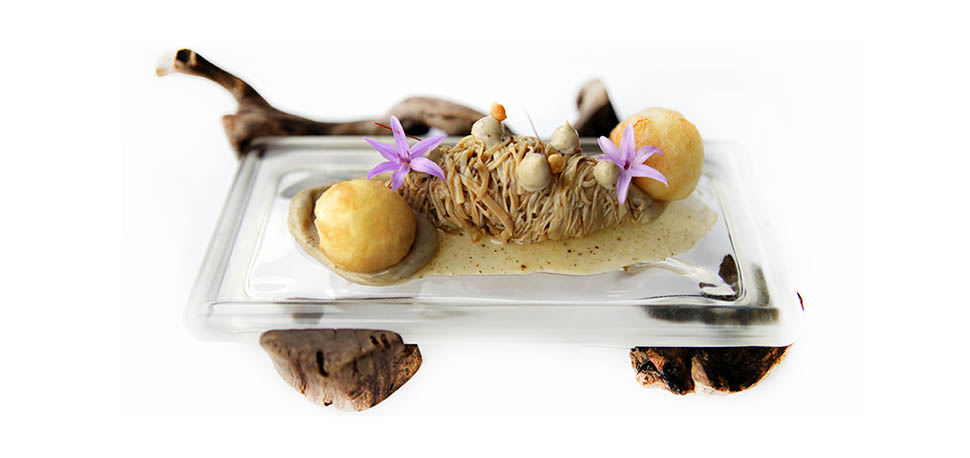
Scientific data says that vegetables are the most sustainable foods. "But we must avoid radicalizations and look beyond the individual product, beyond the carbon footprint: who produces it, the cultural and economic value it has in a particular area. It's not just about measuring emissions, but also about evaluating the communities behind them, the ancestral value of production, and the consequences for subsistence." Without forgetting the quality of animal nutrition and life if they are sacrificed and the issue of food waste, which produces three times the emissions of global air traffic.
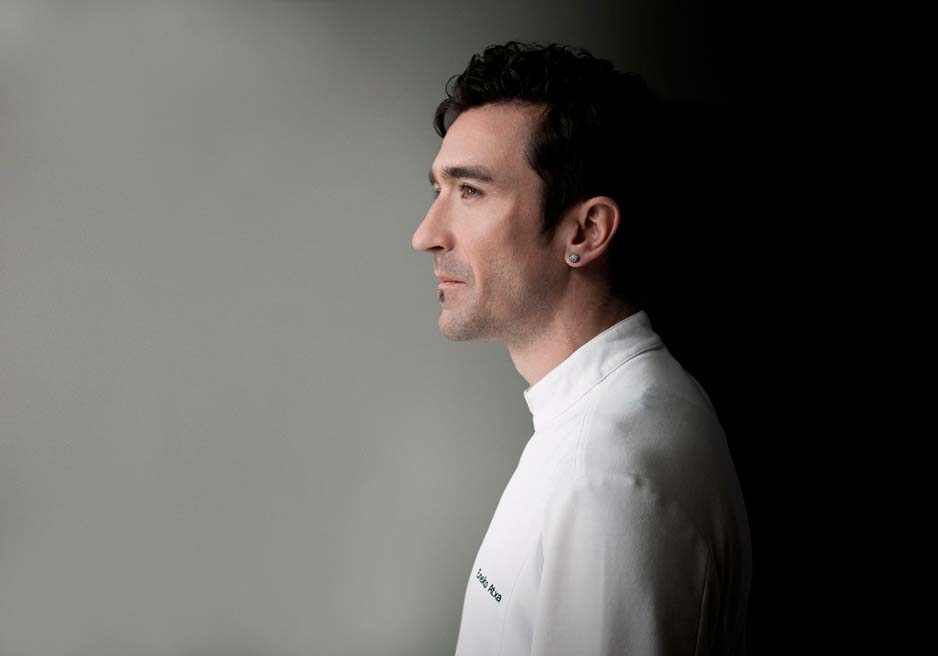
A complex set of considerations to be carefully weighed, which significantly downsize the parameter of the zero kilometer, having little influence on final sustainability. "We need to be more efficient consumers and less compulsive buyers," Atxa insists. "It's better to go to the supermarket one more time and practice recovery cooking at home."
